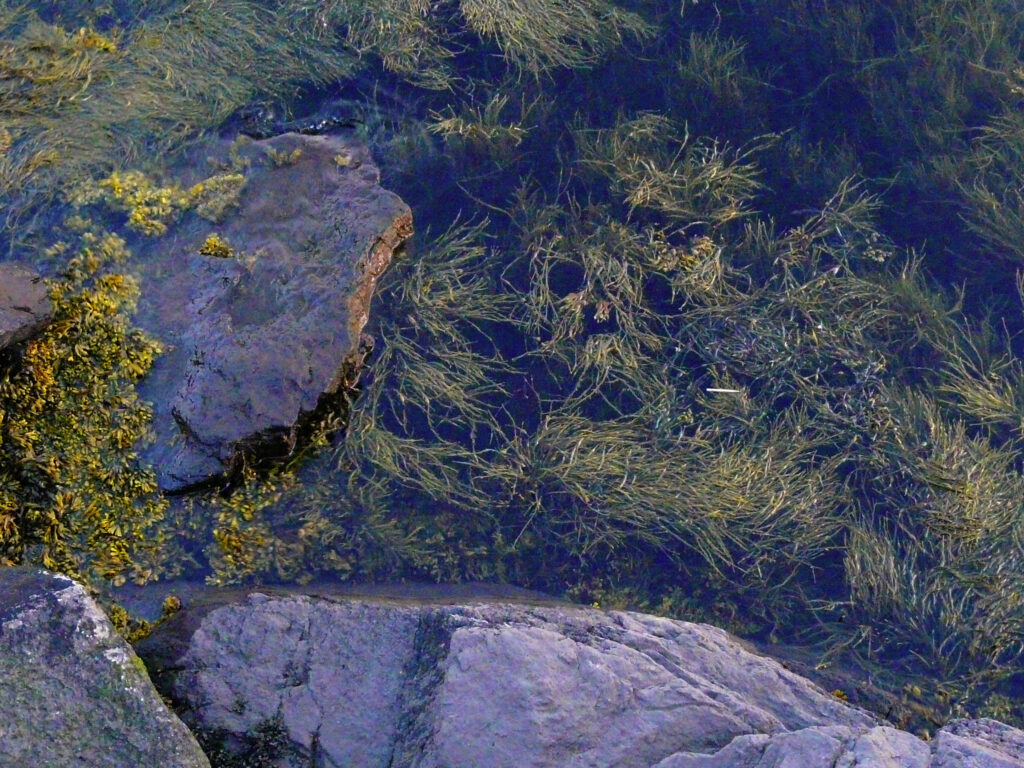In Maine, the Rockweed Coalition seeks to use property rights to protect rockweed—valuable seaweed that is also an indicator of water quality and a source of food, shelter, and spawning habitat for a wide variety of fish, shellfish, and waterfowl. Their effort to enlist property owners to protect the rockweed growing on their private beaches was threatened, however, when one of the largest producers of marine-plant products in the world asserted the right to harvest despite owner objections. Last week, the Maine Supreme Judicial Court rejected that assertion—in a win for both property rights and the environment.
Seaweed is a valuable ingredient for fertilizer, animal feed, and human health supplements. In Maine alone, the annual harvest is worth $20 million. But this harvest has led to sustainability concerns.
These worries led the Rockweed Coalition to create a no-cut registry, encouraging landowners to voluntarily preserve the rockweed on their property. In Maine, this option exists because the tidal area where rockweed grows is private property. (In most other states, this shoreline area is public property.)
Even though the intertidal area is private property, the public has some rights to use it, including to fish. These rights are known as “public trust” rights, and their precise scope is uncertain. Acadian Seaplants, the marine-products company, claimed these rights included harvesting rockweed.
In Ross v. Acadian Seaplants, LTD., the Maine Supreme Judicial Court disagreed. Although not providing much clarity on the scope of public trust rights—there is a long-running division within the court on that question—the justices were unanimous that these rights do not include harvesting rockweed without an owner’s consent.
That’s good news for those concerned about rockweed sustainability, as PERC and the Pacific Legal Foundation explained in the amicus brief we filed in the case. Property rights produce strong incentives for good stewardship. If property owners use resources unsustainably, they will directly bear the future consequences. In the case of rockweed, a poor caretaker stands to lose the future benefits—both economic and environmental—of healthy rockweed growing on his property. A good caretaker, on the other hand, enjoys both benefits.
By siding with the property owner, the Maine Supreme Judicial Court likely also avoided unnecessary regulatory conflict over the resource. Relying on the political process would ensure rockweed remains a continuous source of conflict. Conservationists and harvesters would jockey to steer regulation to their advantage. And the costly and time-consuming litigation would likely never end.
By using property rights instead, conflicting demands on this resource can be resolved amicably. Property owners and harvesters may negotiate mutually beneficial contracts to allow harvesting while protecting the long-term future of the rockweed.





